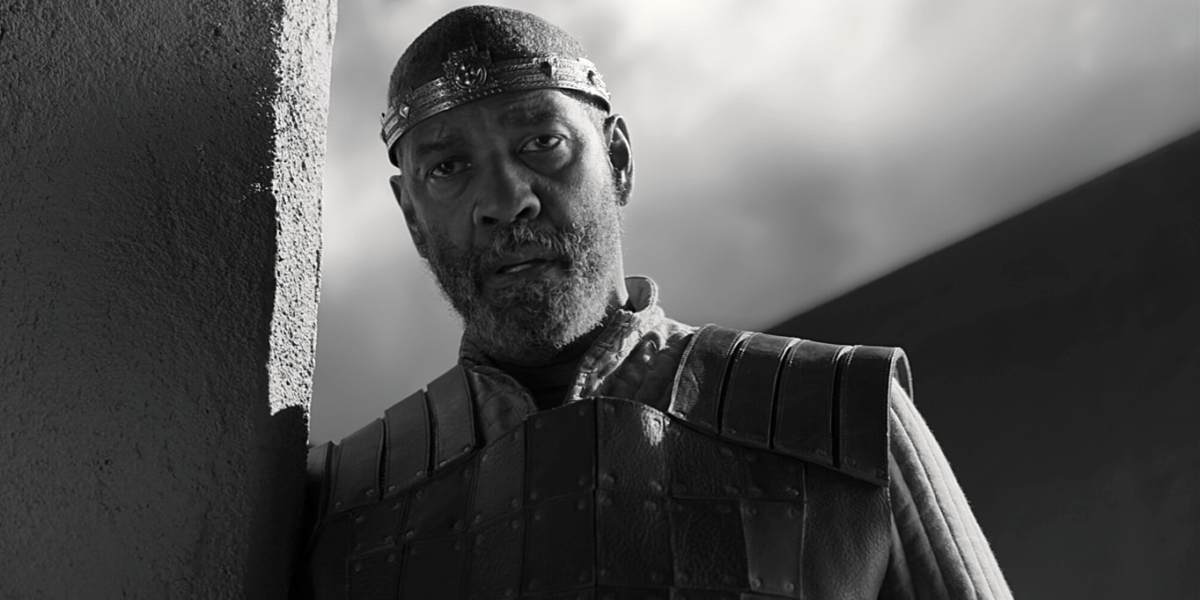Shakespearean literature has long been imbued into the very fibre of modern myths and legends, with countless adaptations spanning centuries that illuminate the soloist calamities of human beings against the backdrop of grandiosity – cautioning everyone that none can escape life’s sorrow, no matter your social status.
The story of Macbeth may be Shakespeare’s most accessible work in navigating these thematic signatures, with Joel Coen (one half of the illustrious directorial duo, the Coen Brothers) becoming the latest steward of adapting Macbeth in the film ‘The Tragedy of Macbeth’.
The black-and-white cinematic appearance of the film reminded me of a similar Macbeth film adaptation, Akira Kurosawa’s Throne of Blood. Both films stoically captured the desolate landscapes and empty halls that stress the searing solace that the lead characters face, especially Macbeth and his wife. In Coen’s film, this black-and-white filmic canvas further artistically accentuates the morally grey areas that Macbeth and his wife are tormented with as they languish in the strife in their souls, their deeds of blood and betrayal ascending them to royalty. It is as if their blackened souls, masked behind their pure-white virtuous appearance, emerges outward in every frame of the film.
Of the film’s talented cast, Denzel Washington stands out in the lead as Macbeth, giving a thunderously theatrical tour de force that injects a measured amount of his signature suave in his dialogue and acting, whether it be in wit, anger, deceit or terror. His chemistry with Frances MacDormand is effectually hollow, a good thing given the tragic and distant nature of Macbeth and his wife’s relationship which further crumbles as the film goes on.
Illuminate the soloist calamities of human beings against the backdrop of grandiosity
The film bestows the perfect avenue for those unfamiliar with Macbeth tale, even though the classical source material may seem a tad too highbrow for new viewers (some may even misconstrue it as browbeating). However, the onus remains on the viewer to peer through the classical lens and language to unearth the striking universal themes the film portrays.
The most striking of them all? The sanctification of the one inescapable tragedy that befalls us all – fate. Many of us assume fate can either only be a boon or bane, depending on the person. However, Macbeth’s destiny of becoming king, foretold by three witches, becomes the initial boon that also augurs his baneful existence.
His active role in instigating the quicker arrival of his destiny through murder and deception only further exacerbates the guilt and burden Macbeth was meant to shoulder in the first place, enlightening us viewers with an interesting lesson of how much, and at the same time how little, our choices play in our future. Do choices change fate, or merely hasten or delay its inevitability? Macbeth’s tale suggests the latter.
The tragedy of Macbeth isn’t his actual downfall in conscience or status nor that his prophesied providence led him down a road of catastrophe, but his failure to ultimately understand the duality of fate itself. That fate is double-edged sword of benevolence and malevolence, and no choice made can change how this sword will impale you.


